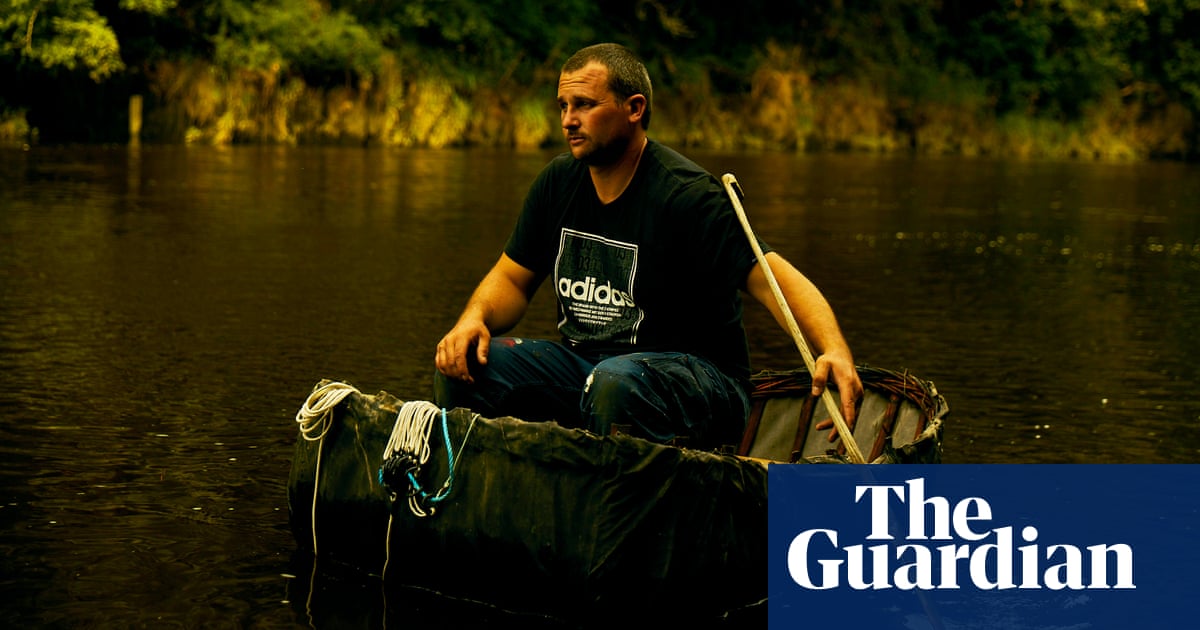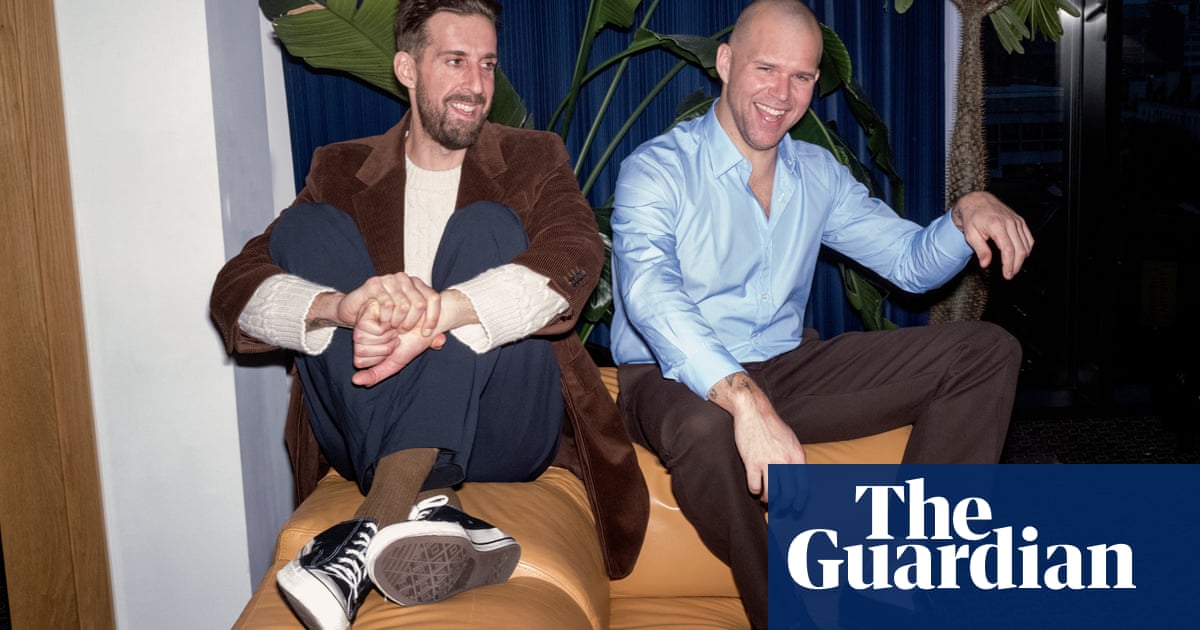
DUBAI: If one were to describe The Cap Project’s designs in a few words, “a mix of couture and streetwear” would be most fitting. Equal parts luxurious and edgy, the Dubai-based label is not your average abaya brand. Founded in 2017 by an anonymous local design duo hailing from the UAE, the rising brand is coveted for its modern take on the Emirati woman’s sartorial staple by way of deconstructed tailoring, oversized silhouettes and a vibrant color palette, making it anything but the traditional black abaya. Like many fashion lines, the contemporary womenswear brand was born after the designer’s couldn’t find what they were looking for in the market. So, they decided to make it. “Our designs are basically pieces that we would want to be seen in,” explained one half of the design duo, who choose to remain anonymous, to Arab News.
This translates into comfortable, day-friendly abayas and luxurious chiffon overlays with matching shaylas that are perfect for nighttime with a little jewelry and the right pair of heels.
Meanwhile, the brand’s newest collection for September 2020 has more of a utilitarian feel to it. Think buckles, oversized pockets, military green colorways and magnetic closures. “We like to push the envelope in terms of our designs,” stated the reclusive designer. However, not everyone can get their hands on the brand’s highly-sought-after pieces.
In fact, The Cap Project draws its name from its unique “capping” business model, which is a retail concept that entails producing limited pieces for purchase. The brand, which takes orders through Whatsapp, has an Instagram Stories highlights dedicated solely to the items that have been “capped” so that their clients know what’s out of stock. The idea, the designer explains, is that they “just want girls to feel like they have something exclusive and that’s just for them.”
It’s also an ethical component of the brand. The drops are limited to pieces of three, six and eleven, reducing waste and increasing personalization.
And once an item is out of stock, even if there’s a demand, the designers will not produce more. Or, in the creative designer’s words: “Once it’s gone, it’s gone.”












